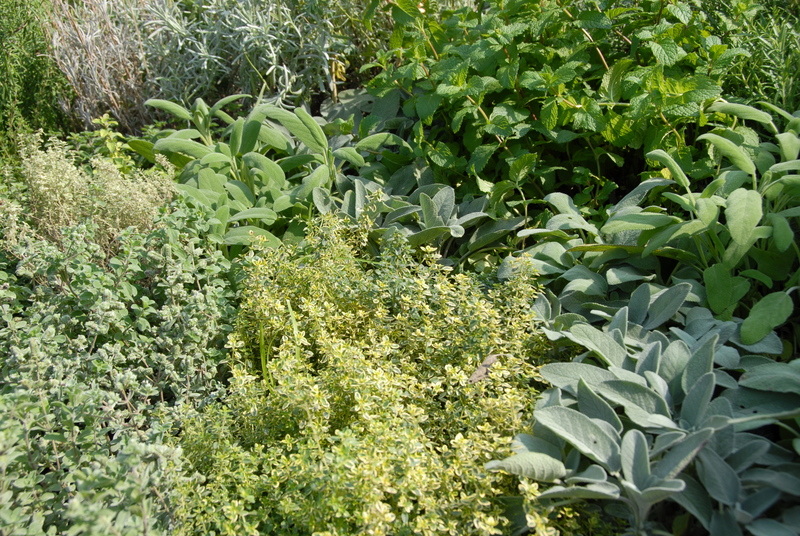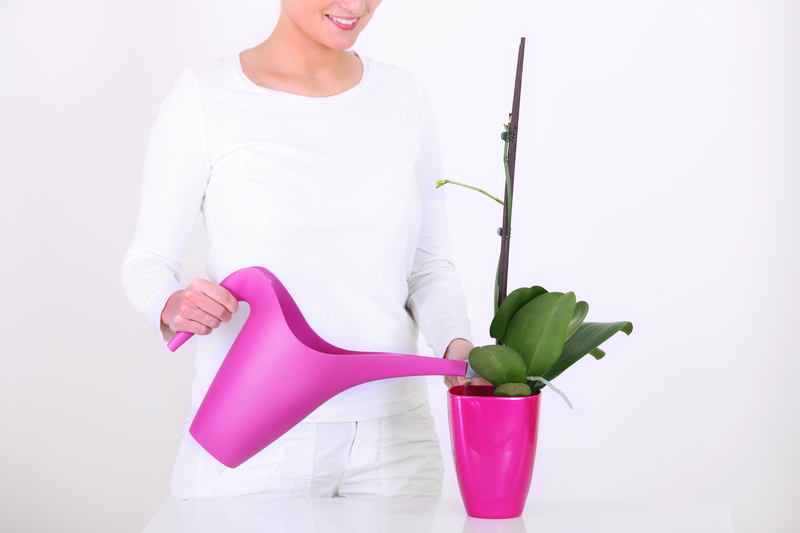DIY Pest Control: Tips for a Bug-Free Garden
Posted on 14/04/2024
Keeping your garden free from pests can be a challenging task. These pesky insects not only damage your plants, but they can also pose a threat to your health and well-being. With the increasing awareness about harmful chemicals in pest control products, many people are turning towards DIY methods to keep their gardens bug-free. In this article, we will discuss some effective tips for DIY pest control to help you maintain a healthy and thriving garden.
Understanding Your Pest Problem
The first step in controlling pests in your garden is to identify the type of pest you are dealing with. Different insects require different control methods, so it's important to know which pest is causing damage to your plants. Some common garden pests include aphids, slugs, snails, caterpillars, and mites. You can do some research online or consult with a local gardening expert to identify the specific pest in your garden.

Natural Remedies
Once you have identified the pest, the next step is to find a suitable solution. Many commercial pest control products contain harmful chemicals that can harm both humans and beneficial insects like bees and butterflies. Instead, opt for natural remedies that are not only safe but also eco-friendly.
Some common natural remedies include using neem oil, garlic spray, or vinegar solution to repel insects. These substances are easily available and can be made at home with simple ingredients. They are also effective in deterring pests without harming the environment.
Companion Planting
Companion planting is another effective way to control pests in your garden. Certain plants emit natural scents that repel insects while attracting beneficial ones. For example, planting marigolds alongside vegetables can deter aphids and other harmful bugs.
Similarly, intercropping certain herbs like basil and mint with crops can also keep pests at bay. Do some research on companion planting to find out which plants can help protect your garden from specific pests.
Physical Barriers
Creating physical barriers around your plants is another effective way to keep pests away. Use row covers or mesh netting to prevent insects like caterpillars and moths from laying eggs on your plants. You can also use sticky traps to catch flying insects or beer traps for slugs and snails.
Additionally, regularly inspecting your plants for any signs of pest infestation can help you spot the problem early on and take appropriate measures before it gets out of hand.
Maintenance Tips
Prevention is always better than cure when it comes to pest control. Keeping your garden clean and tidy is crucial in preventing pest problems. Make sure to remove any dead or decaying plant matter as it provides a breeding ground for pests. Regularly weed and prune your plants to promote good air circulation and discourage pest infestation.
Another important tip is to water your plants in the morning rather than in the evening. Watering at night can create a moist environment that attracts pests, while watering in the morning allows the leaves to dry out during the day.
Pros and Cons of DIY Pest Control
One of the main pros of DIY pest control is that it is cost-effective. Natural remedies and physical barriers are often more affordable than commercial products, making it a budget-friendly option for many gardeners. It also gives you control over what goes into your garden as you can avoid using harmful chemicals.
However, DIY methods may not always be as effective as commercial products. Some pests may require stronger measures, which may not be possible with natural remedies alone. It also requires time and effort to research, make, and apply these remedies regularly, especially if you have a large garden.

The Takeaway
Pests can quickly become a nuisance in your garden, but with the right strategies, you can keep them at bay. The key is to stay vigilant and take timely action whenever you spot any pest problems. Remember to use natural remedies and maintain a clean and healthy garden to prevent future infestations.
Conclusion
DIY pest control can be an effective way to keep your garden pest-free while avoiding harmful chemicals. By understanding the type of pest and using natural remedies, companion planting, physical barriers, and maintenance tips, you can successfully control pests in your garden. So put on your gardening gloves and use these simple yet effective tips to enjoy a bug-free garden all year round!
Latest Posts
Inspiring Ways to Refresh Your Garden This Autumn Season
A Step by Step Guide to Keeping Artificial Grass Fresh and Spotless
Creative Planting Ideas to Design a Serene Zen Oasis







